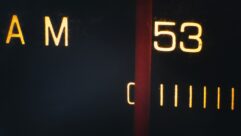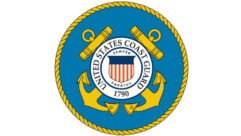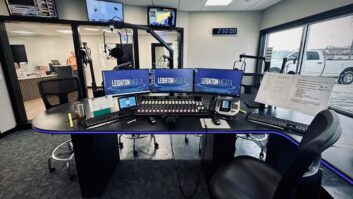The idea seemed simple: In the wake of growing copyright royalty fees for online music companies, Pandora decided to purchase a small FM station in Box Elder, S.D.
By doing so, Pandora hoped to qualify as a broadcast station licensee � and pay substantially less in royalty fees. While one could foresee that copyright holders would not be pleased by this approach, the real problem at the FCC became one of foreign ownership.
EXPLICIT INTENT
By way of background, online music companies like Pandora and Spotify pay substantially higher copyright fees for streaming music than are required from broadcasters. In fact, Pandora spent approximately 60 percent of its revenue to cover royalty fees in 2012, and its cost-per-performance has increased since then. On the other hand, broadcasters� blanket license fee is a set percentage of a licensee�s gross revenue, with certain standard deductions that further reduce the royalty payments.
In light of this situation, Pandora filed an application in 2013 to acquire an FM station in Box Elder, the 255th largest radio market. Rather than shroud its intent, Pandora announced its purpose for acquiring the station, drawing analogies to the iHeartRadio streaming service offered by the broadcaster formerly known as Clear Channel. ASCAP filed a Petition to Deny against the application, arguing that Pandora was attempting to evade its copyright obligations and that it failed to provide that it complied with the FCC�s foreign ownership restrictions.
While the FCC gave short shrift to the copyright arguments � noting that ASCAP should raise these arguments in the courts, or request that Congress address the issue � the foreign ownership argument struck a chord with the commission. Over the course of two years, the FCC sought and rejected information provided by Pandora to support its certification of compliance with the Communications Act�s general prohibition of foreign investment in broadcast stations (25 percent for indirect, 20 percent for direct). The act permits foreign ownership above this limit, but only on a case-by-case basis.
Since Pandora is publicly traded, proving that its percentage of foreign ownership did not cross the FCC�s thresholds proved to be problematic.
First, it tried to conduct a survey of the mailing address for the stockholders. This approach had been used in similar cases for telephone companies, but the commission has rejected this approach for broadcasters due to �different policy concerns.� Moreover, the FCC�s staff indicated that any shareholder who had chosen to be anonymous must be treated as foreign. Subsequently, Pandora presented to the FCC�s staff a Securities and Exchange Commission survey of its shareholders, but that study was rejected because the survey did not include both voting and equity interests.
Because Pandora could not prove the negative to the FCC�s satisfaction, it sought relief through a Declaratory Ruling, which would either permit foreign ownership in excess of the statutory limit, or apply the same approach that the FCC uses for foreign-ownership interests in non-broadcast facilities.
GREEN LIGHT
In May, the FCC granted the request for a Declaratory Ruling, and established the requirements for Pandora to eventually obtain the Box Elder license.
In particular, the assignment application will only be processed after Pandora submits documentation that it has taken steps to implement the conditions in the Declaratory Ruling relating to the monitoring of its foreign shareholders, and make to changes to its organizational documents to permit such monitoring.
Pandora has until early August to take these steps and to provide evidence to the FCC. Once the commission is satisfied that all conditions have been met, the assignment application will be processed.
This case highlights the differing approaches to foreign ownership of broadcast and common carrier licensees.
As Commissioner Ajit Pai noted in his separate statement, if Pandora had sought to purchase a non-broadcast license, cable system, a common carrier, satellite video programmer or newspaper the additional monitoring and reporting requirements would not have been imposed. Commissioner O�Rielly urged the FCC to adopt policies to permit increased foreign ownership that would avoid the case-by-case approach used currently.�
Petro is of counsel at Drinker Biddle & Reath LLP. Email: [email protected].












